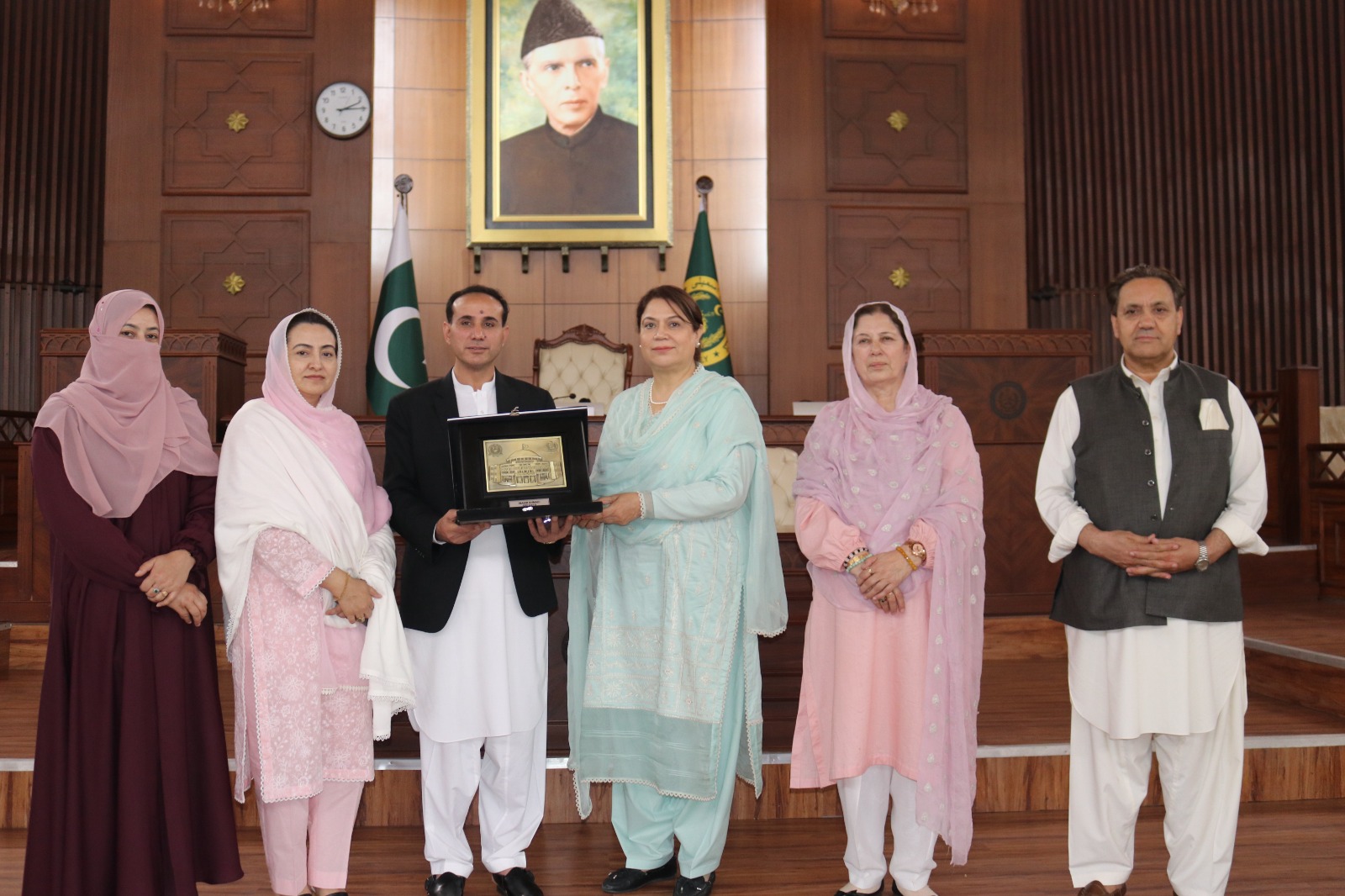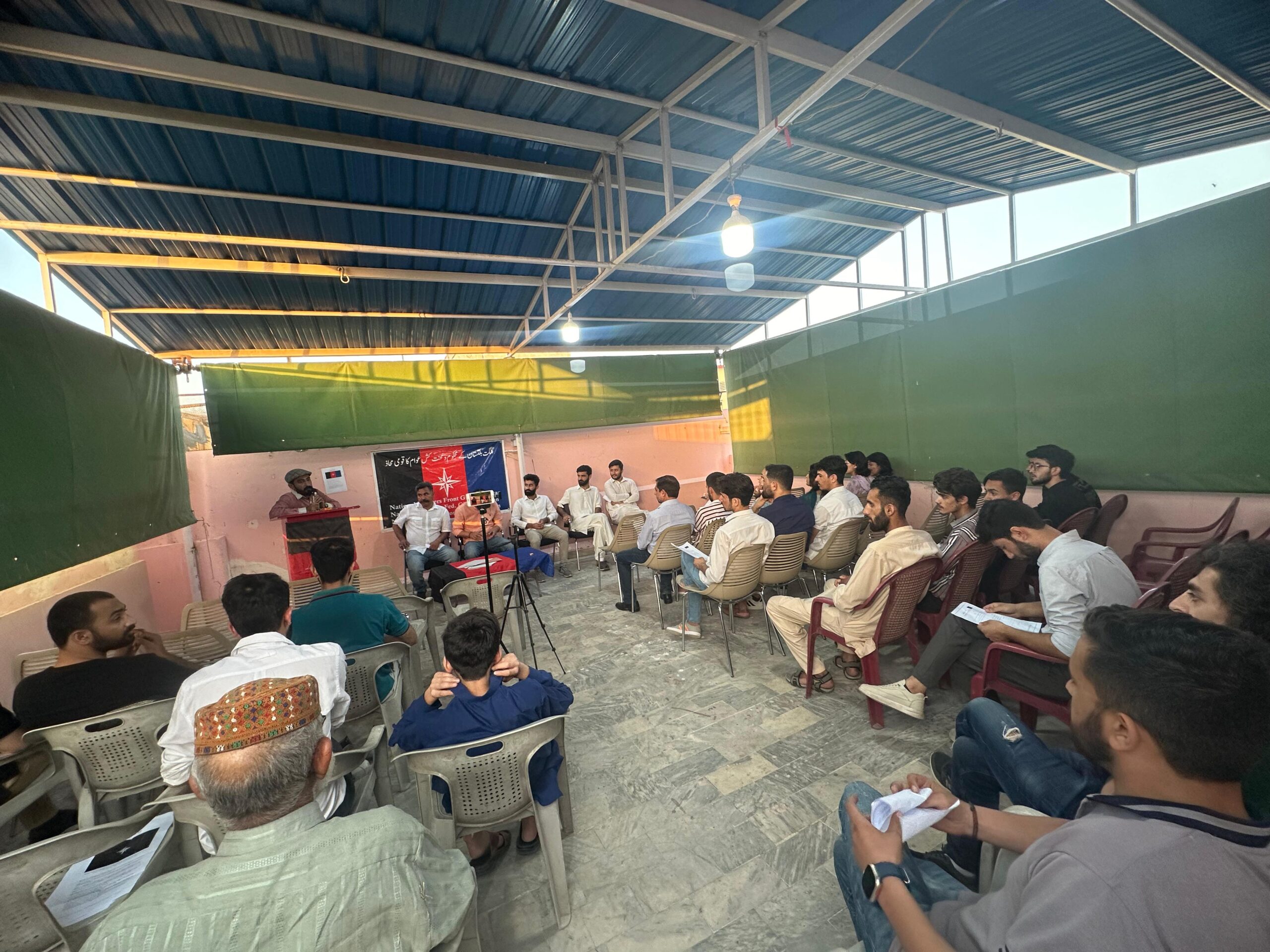This article discusses two important reforms of Benazir Bhutto, the women empowerment and rural electrification’ during her rule in the 1990s.
Women empowerment |
Impact |
|
The term ’empowerment’ refers to increased access to opportunities, resources, and abilities to make independent decisions/choices in individual and collective life. Benazir Bhutto took steps for women empowerment i.e.
|
Following was the impact of reforms that Benazir Bhutto introduced during her tenure in the 1990s.
Increase in the standard of womenThe reforms Improved the status of women as they now could get an education and play their role in different departments of national life. Reporting of violence on womenAs part of a male-dominated society, Pakistani women always have faced it difficult to seek justice from the courts. The establishment of women’s police stations during the tenure of Benazir Bhutto was instrumental in breaking this taboo to a great extent. It encouraged women to report cases of violence on women i.e. acid attacks, domestic violence, the workplace harassment thus empowering them to speak and seek justice. Empowerment of womenThe Lady Health Workers Program of Benazir Bhutto has also contributed greatly to the empowerment of women in Pakistan. This program empowered the lady health workers themselves and the community they serve. The program;
|
Rural Electrification |
Impact |
The government of Benazir Bhutto took the following measures to supply electricity to villages throughout Pakistan.
|
Electricity provision has played an important role in the empowerment of women in Pakistan. It brought a drastic improvement in the economic conditions of the village population. Mechanization of farmingWith the provision of electricity, farmers started to use machinery and technology in farming. They now had the reach to electricity-driven modern techniques of food preservation, farming, and irrigation. Reduced use of fossil fuelsWhen there was no electricity, People used fossil fuel lamps e.g. lanterns, etc. for lighting. These lamps, on one hand, were hazardous for health and on the other hand, cost huge expenses for poor people. Thus, with the electrification of villages, the poor people got rid of this problem. Use of kitchen TechnologyElectricity has multiple uses in domestic chores. To give an example, the provision of electricity has made the life of females in villages very easy. Now they have access to electric gadgets like washing machines, woven devices, oven machine,s, and whatnot. Employment opportunitiesApart from the above contribution, rural electrification created job opportunities for women to engage in activities such as sewing powered by electricity. Facility for studentsStudents who study only during day time now were able to study at night, early in the morning. |











